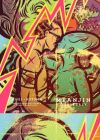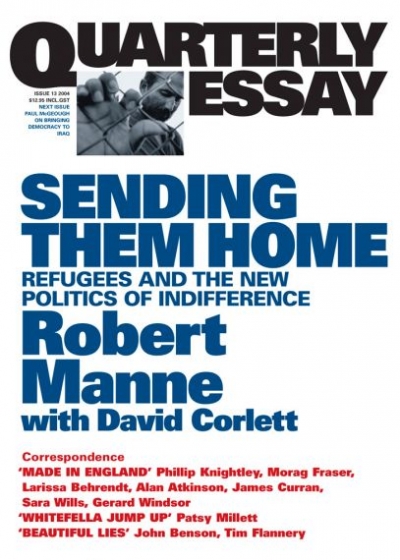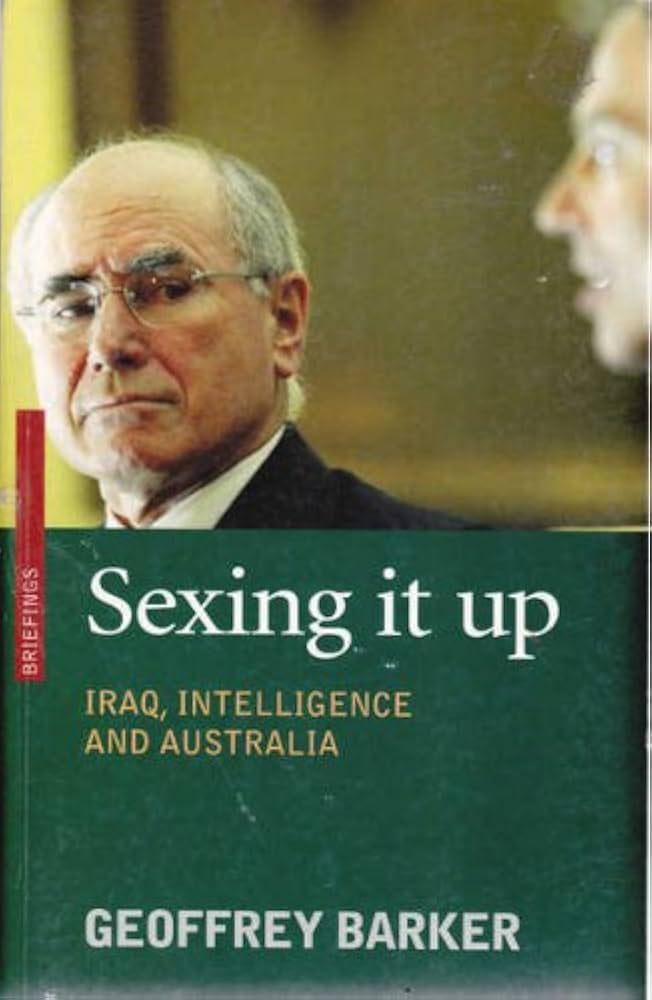Nathan Hollier
Film | Theatre | Art | Opera | Music | Television | Festivals
Welcome to ABR Arts, home to some of Australia's best arts journalism. We review film, theatre, opera, music, television, art exhibitions – and more. To read ABR Arts articles in full, subscribe to ABR or take out an ABR Arts subscription. Both packages give full access to our arts reviews the moment they are published online and to our extensive arts archive.
Meanwhile, the ABR Arts e-newsletter, published every second Tuesday, will keep you up-to-date as to our recent arts reviews.
Recent reviews
I’m fresh from Hannah Kent’s compelling, humane, and utterly convincing The Good People (Picador, 10/16). Kent completely inhabits her material. In this single nineteenth ...
... (read more)'Alpha and Omega' Nathan Hollier on the establishment of Monash University Publishing
On 8 September 2010, in the foyer of the Robert Blackwood Hall at Monash University, beneath the beautiful ‘Alpha and Omega’ stained-glass window created by Leonard French and connoting humankind’s endless striving for achievement, Monash University ePress became Monash University Publishing. It was very appropriate that the press should be launched by B ...
Meanjin edited by Ian Britain & Overland No. 181 edited by Nathan Hollier
Sending Them Home: Refugees and the new politics of indifference (Quarterly Essay 13) by Robert Manne (with David Corlett)
Sexing It Up by Geoffrey Barker & Why the War was Wrong edited by Raimond Gaita
A Perilous and Fighting Life: : From communist to conservative: The political writings of Professor John Anderson edited by Mark Weblin
From Gerard Hayes
Dear Editor,
If Mark Davis had wanted to concoct a parody of babyboomer fogeyism, he could hardly have done better than Peter Craven’s review of Gangland. Opening with a quotation from Anthony Powell and doing his best to parrot the Powellian tone of bored hauteur, Craven details the shortcomings of Davis’s age: not young – in fact a ‘late bloomer’ – but still not old enough to know better, indeed ‘rather earnest and plodding’.



